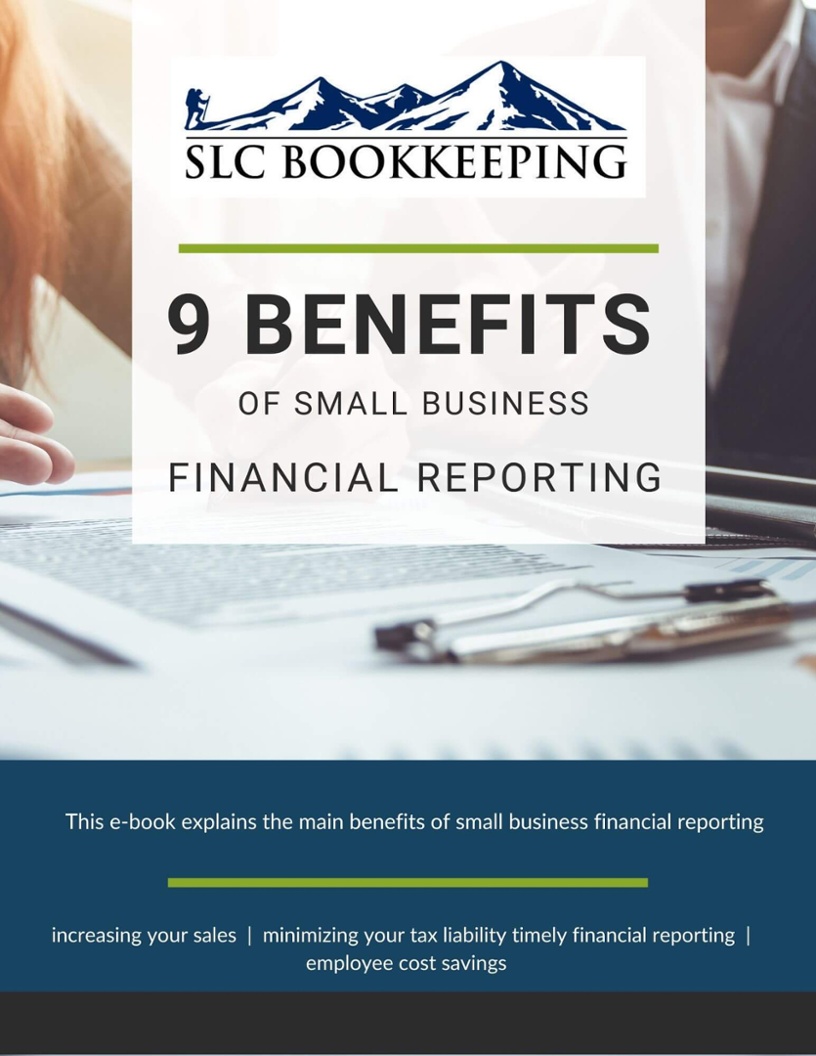 One thing I learned from the Goldman Sachs 10,000 Small Businesses Program was how to properly raise money for your business. I didn't think I would ever want funding for our business, but now I know the value of getting funding and how to go about it. I absolutely believe I could bootstrap many of the ideas I currently have, but I know that funding can accelerate the process and increase my chances of success. I am by no means an expert on raising money as I have never done it, however I do have some thoughts on how to properly raise money for your small business.
One thing I learned from the Goldman Sachs 10,000 Small Businesses Program was how to properly raise money for your business. I didn't think I would ever want funding for our business, but now I know the value of getting funding and how to go about it. I absolutely believe I could bootstrap many of the ideas I currently have, but I know that funding can accelerate the process and increase my chances of success. I am by no means an expert on raising money as I have never done it, however I do have some thoughts on how to properly raise money for your small business.
Assess The Need
You first need to decide if your business has a need for funding. Do you have a compelling idea? Are you passionate about your business and your idea? Can you clearly communicate your idea and need for funding to a bank? I have learned a lot about how to clearly identify an opportunity and determine if that perceived opportunity is worth pursuing. In the Goldman program when I first tried to identify an opportunity that I wanted to pursue I went with it for about two months. Nearing the end of the program I realized I wanted to go in a totally different direction (they warned us early on this would most likely happen). What happened was after I had gone through the process of analyzing my perceived opportunity I realized it wasn't worth the investment or effort. I wasn't leaping out of my chair filled with passion over it. Assessing the need for money starts with a solid analysis of your opportunity so that you can understand if you need money and if it is worth the risk.
Know Your Business Solid
I didn't know anything about how to properly pitch an idea to an investor or a bank, but I learned a ton. By the time I finished the Goldman program I had probably pitched live in public at least a dozen times, and I had done it privately in practice probably nearly 100 times. I learned that some of the basics of pitching are that your pitch needs to be solid, but also natural. Nobody is going to give you money if it is clear that you have your pitch memorized. Additionally if you don't spark some interest in the first 10 seconds of your pitch you are done, so make sure your opening is strong and engaging. Telling a story and making a personal connection is incredibly important. In addition, you must know every detail of your business along with its financials to ensure you have an investor ready bookkeeping system. When you are asked a follow up question you better be able to answer it quickly without hesitation and intelligently.
Understand Who You Are Pitching
One of the coolest and best days of the entire Goldman program was when we went to the Goldman Sachs office and got to pitch to several Goldman employees a few different times. One huge takeaway I got from that day was how your pitch needs to change based on who you're talking to. Angel investors and bankers have different reasons for giving you money so you want to make sure your pitch is tailored towards their needs. Bankers care about getting their money back and they want to make a safe investment. They also definitely want to hear about the past and see solid financial reports that show you have a proven history and that indicate you most likely will be able to repay your loan. Angel investors don't care so much about the past; they want to know where you are going. Investors want to see your vision and passion and will invest if they see the potential for a big payoff. So if you are talking to a banker stay away from your vision and focus on your past financial history. When you talk with an investor don't talk about your financial past, just talk about your vision and show them that you are worth taking a chance on.
Raising money starts with an opportunity and a vision. As your idea materializes your passion and your pitch need to become the main focus. Understanding who you are pitching to and modifying your delivery accordingly will increase your chances of getting funding
Have you raised money for your business? What advice do you have?
Photo Credit © Dollar Photo Club / Scott Maxwell





